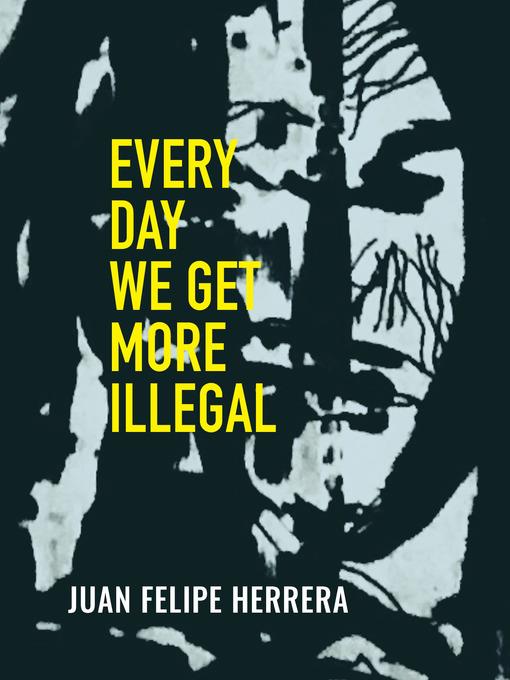
Every Day We Get More Illegal
کتاب های مرتبط
- اطلاعات
- نقد و بررسی
- دیدگاه کاربران
نقد و بررسی

August 1, 2020
During his tenure as U.S. poet laureate (2015-17), Herrera traveled the country, collecting insights, observations, and reflections on this especially tumultuous time for U.S. border and immigration politics. One of Herrera's great gifts is his ability to treat this continental divide simultaneously as a conceptual abstraction?"The Wall / it is more than an arbitrary stop or as it is called The Border it is / an arrangement of agreements of always-war"?while also humanizing its inhabitants: "every human being in the village is an ever-opening story." Herrera also undertakes the difficult task of re-orienting his relationship to the increasingly unfamiliar place this country has become. At one point, the speaker declares, "used to think I was not American enuf / now it is the other way around," which is to say, this country of immigrants no longer embraces the world's tired, its poor, or its huddled masses. The author of more than 20 titles, including many recent books for young readers, Herrera returns to his poetic roots for another captivating entry in his wide oeuvre.(Reprinted with permission of Booklist, copyright 2020, American Library Association.)

Starred review from September 21, 2020
The timely, urgent book from Herrera (Notes on the Assemblage) pays homage to the “migrant children,” “immigrant children,” those “who died in custody,” and those “separated on the road north,” highlighting societal issues while exploring the nuances of how silence operates within a larger political discourse. A variety of forms ranging from prose poems to lyric fragments work in service of social justice, as Herrera questions the willful refusal to listen to those ostracized by a dominant culture. In “Border Fever 105.7 degrees,” he writes: “why do you cry/ those are not screams you hear across this cage/ it is a symphony—the border guard says.” Herrera’s use of white space within the poetic line evokes the fragmentation of the individual voice within this “symphony” of injustice and suffering. Elsewhere, the importance of paying witness through writing becomes evident: “Leap/ every human being in the village is an ever-opening story/ yes you must write about each one—it is the bravest gesture/ you must.” Herrera’s formal versatility lends subtlety and nuance to essential political considerations.

























دیدگاه کاربران